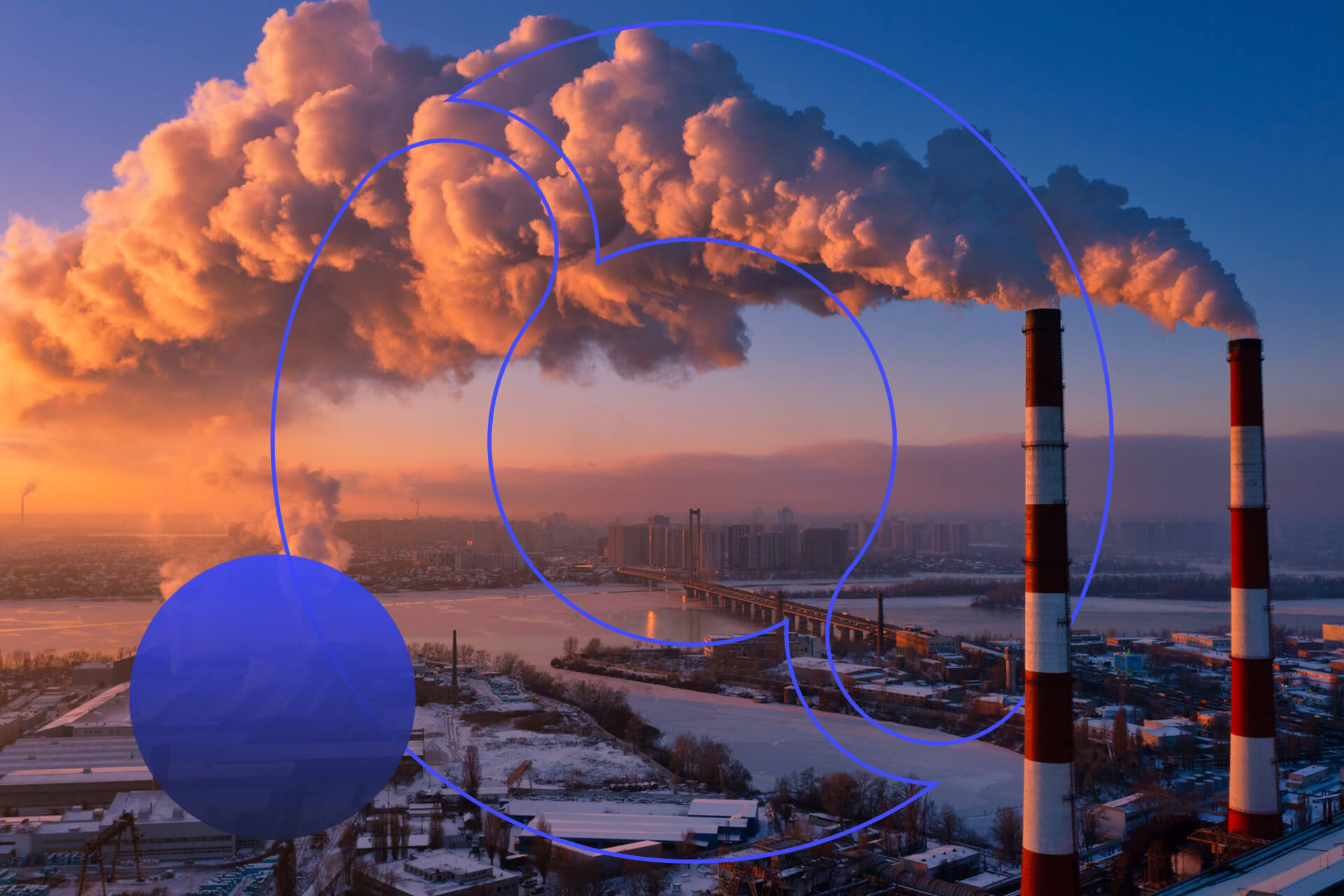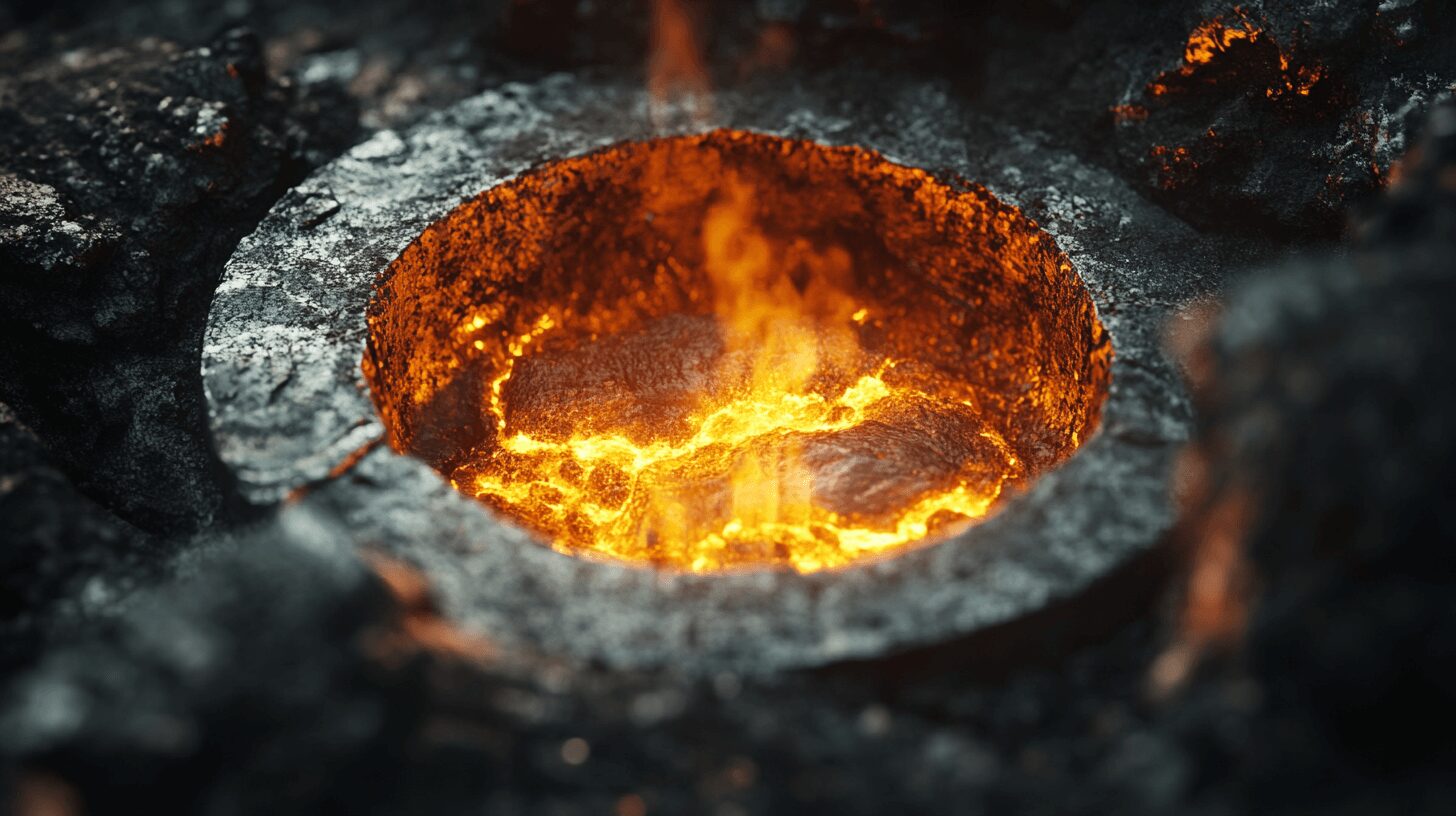
How Do the Causes of Air Pollution Hurt Us?
November 5, 2019 - Emily Newton
Revolutionized is reader-supported. When you buy through links on our site, we may earn an affiliate commission. Learn more here.
An estimated 8.8 million people die yearly from the causes of air pollution, nearly double the 4.5 million annual deaths reported in the past. The air is now responsible for more deaths than smoking tobacco.
We might be aware of the link between air pollution and cardiovascular health. Still, recent studies discovered evidence that pollution can have negative impacts on our physical and mental health. As evident by the increasing death estimates, these negative impacts can prove lethal.
Despite years of progress in America, the Environmental Protection Agency (EPA) has recorded 15% more days with unhealthy air conditions between 2017 and 2018 than in previous years. Even as politicians debate pollution standards, the long-term outlook remains uncertain.
The Major Causes of Air Pollution
When it comes to air pollution, there are two types — primary and secondary. Primary pollutants are the result of a process or action. One example is manufacturing plants that emit sulfur dioxide. The interaction and subsequent reaction of these contaminants cause secondary pollutants, such as smog.
While there are many causes of air pollution, the most well-known include:
- The combustion of fossil fuels: Emissions from burning fossil fuels, like petroleum and coal, are one of the significant causes of air pollution. As people require transportation, pollution emitting from the daily use of cars, trains and airplanes plays a major role in our poor air quality.
- Agricultural activity: Conventional farming techniques, such a tilling, release carbon from the ground into the atmosphere. The increased use of insecticides and pesticides had led the agriculture industry to become the second-largest leader in greenhouse gas emissions.
- Mining operations: Extracting minerals from the earth causes dust and chemicals fly into the air. These contaminants affect workers and nearby residents.
- Indoor air pollution: Common cleaning products and painting supplies emit toxic chemicals into the air.
How Air Pollution Affects Our Health
According to experts, as many as 90% of people breathe air with high levels of pollution. High contamination is associated with immediate lung complications, including shortness of breath, coughing and irritated airways. For those with existing conditions, air pollution can cause a worsening of symptoms, such as asthma attack and COPD flare-up.
Unfortunately, air pollution is negatively impacting our health in other ways.
Stroke Risks
Air pollution’s adverse cardiovascular health effects are well known. However, scientists discovered a correlation between air pollution exposure and death from a stroke.
Researchers claim pollution is associated with one-third of the global stroke burden and 30% of disabilities related to strokes. This risk is higher in developing countries where air pollution levels and reported strokes are higher than average.
Kidney Disease
A study of U.S veterans suggests exposure to air pollution could connect to declining kidney function, the emergence of kidney disease and, in some extreme cases, kidney failure. Researchers believe even low levels of air pollution can affect the kidneys — an impact that will increase as pollution levels rise.
Thousands of new kidney disease and failure cases develop each year, primarily in areas where pollution is higher than the recommended limit.
High Blood Pressure
Researchers investigated the link between long-term exposure to pollution, distance from green spaces and major roads and the development of high blood pressure. They believe air pollution links to an increased risk of developing high blood pressure.
The study found those living in apartment buildings, which are typically close to major highways and exposed traffic, see higher rates of hypertension.
Negative Birth Impacts
A study published in 2017 found exposure to air pollution during pregnancy could connect to premature birth and low birth weight in mice. The unfavorable effects were more likely to develop when exposed to polluted air during the first and second trimesters of pregnancy.
Exposure to contaminants during the earliest stage of pregnancy resulted in premature birth in 83% of mice.
Mental Health Issues
Air pollution doesn’t merely affect the body — it also fuels psychological distress. Scientists found areas with high air pollution levels saw an increased risk of people with mental distress.
A recent study found a correlation between poor air quality and higher rates of bipolar disorder, major depression, personality disorders and schizophrenia. While the study didn’t prove pollution caused these conditions, there was a link between those treated and air quality.
Air Pollution — Looking Towards the Future
Knowing even a fraction of the effects contaminants have on our health and the environment, we must ask — how can we reduce the causes of air pollution? A single solution doesn’t exist. However, industries and individuals can take the first steps.
Manufacturing and agricultural sectors can both afford major improvements. If factories establish and maintain green initiatives, they can boast a positive environmental impact. Something as simple as recycling steel can reduce air pollution by 86%.On an individual level, people can take action by conserving energy, carpooling and using environmentally safe paints and cleaning products.
When air quality is poor, the effects are vast and insidious. Therefore, if we want clean air, we must act. Let’s work towards a future where the air we breath isn’t harmful.
Revolutionized is reader-supported. When you buy through links on our site, we may earn an affiliate commission. Learn more here.
Author
Emily Newton
Emily Newton is a technology and industrial journalist and the Editor in Chief of Revolutionized. She manages the sites publishing schedule, SEO optimization and content strategy. Emily enjoys writing and researching articles about how technology is changing every industry. When she isn't working, Emily enjoys playing video games or curling up with a good book.








I would have liked a lot more info but good for what it has.